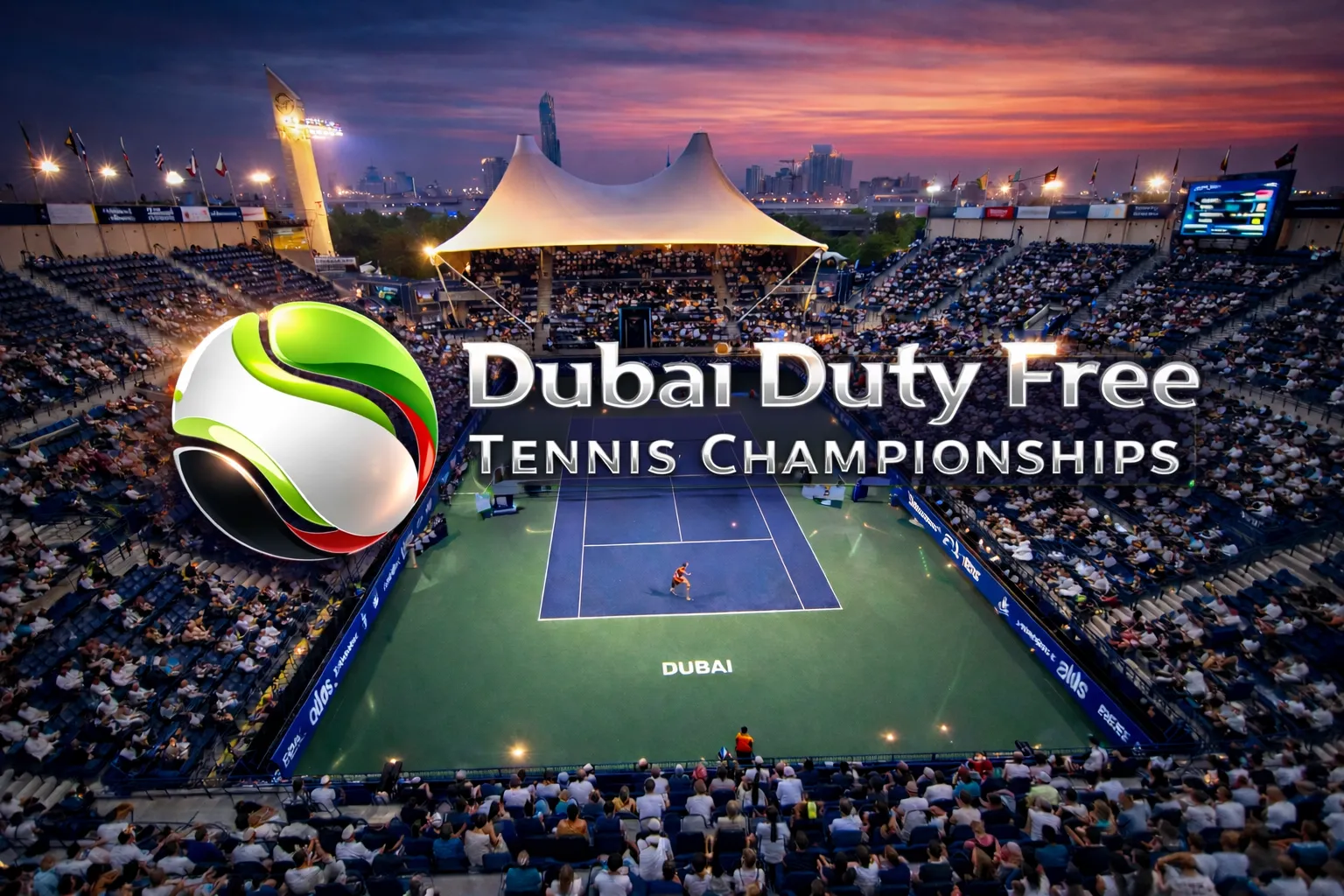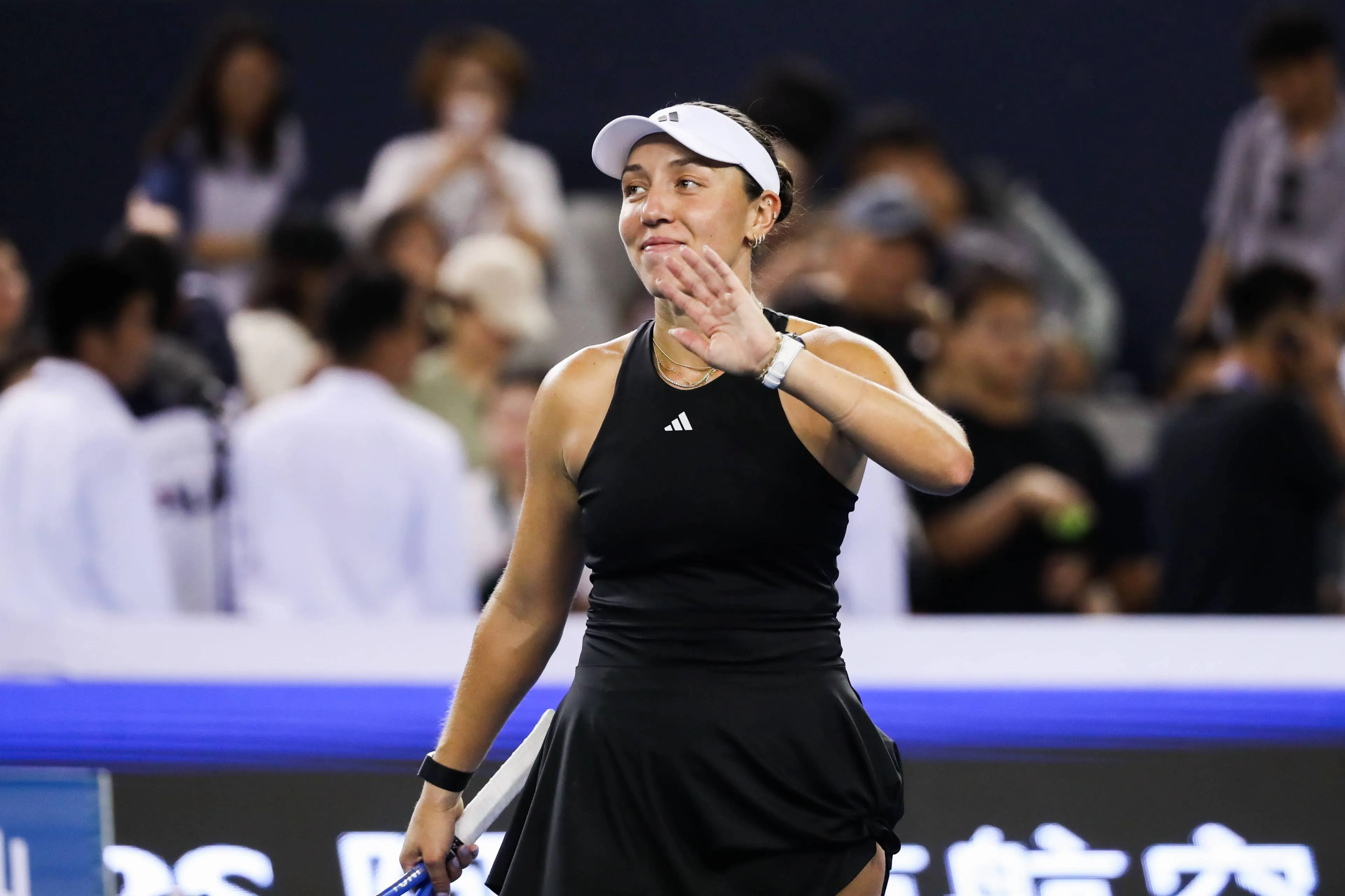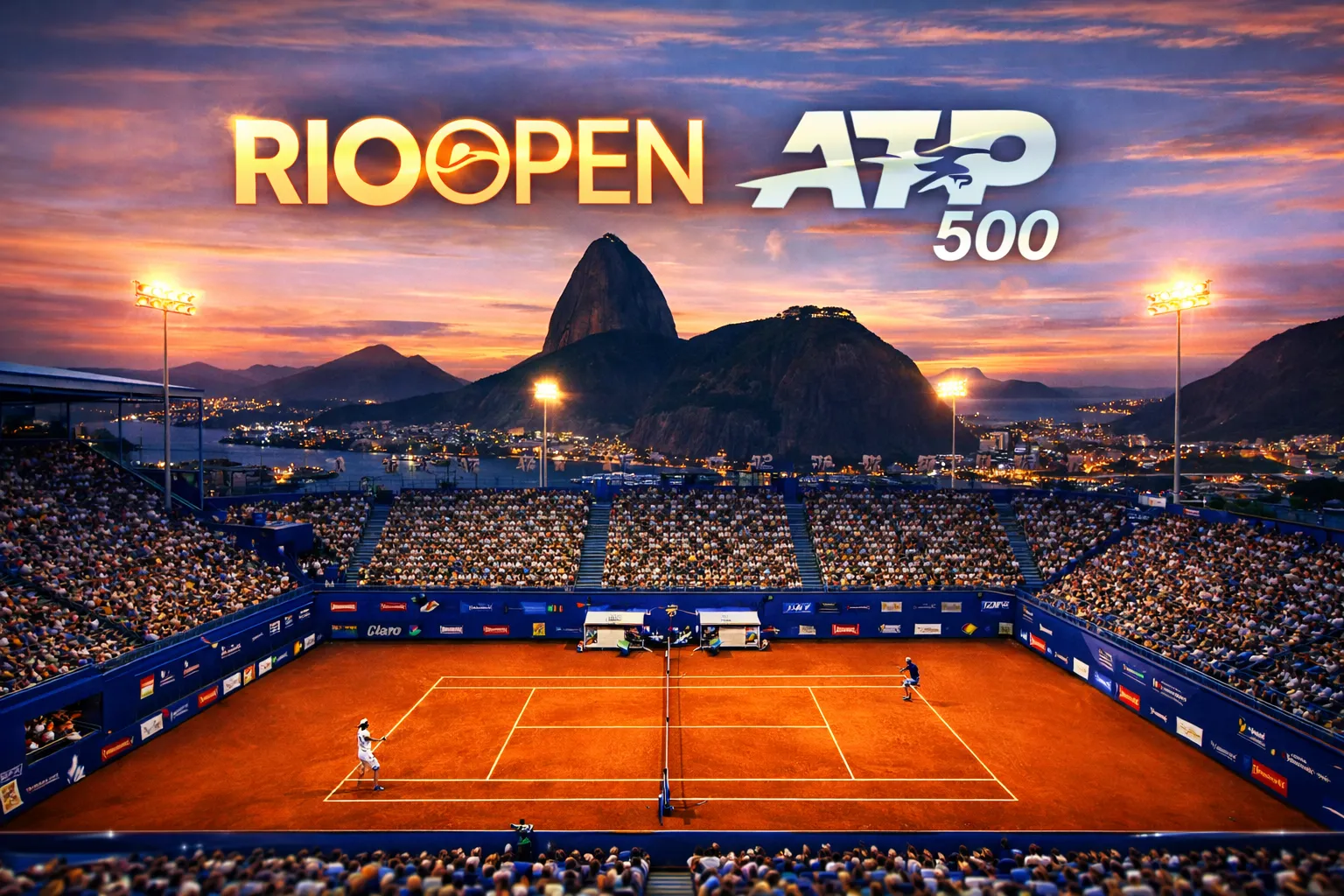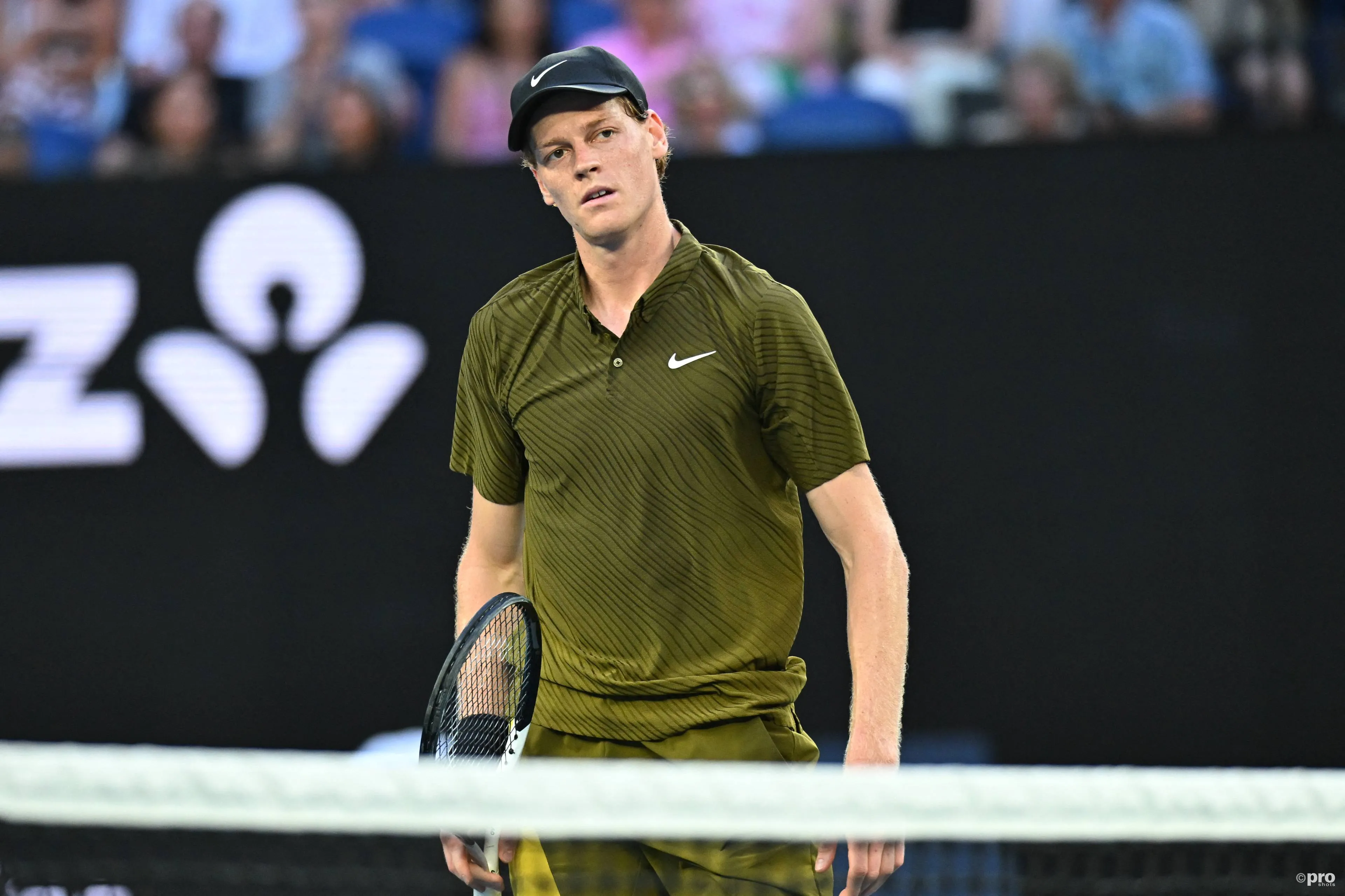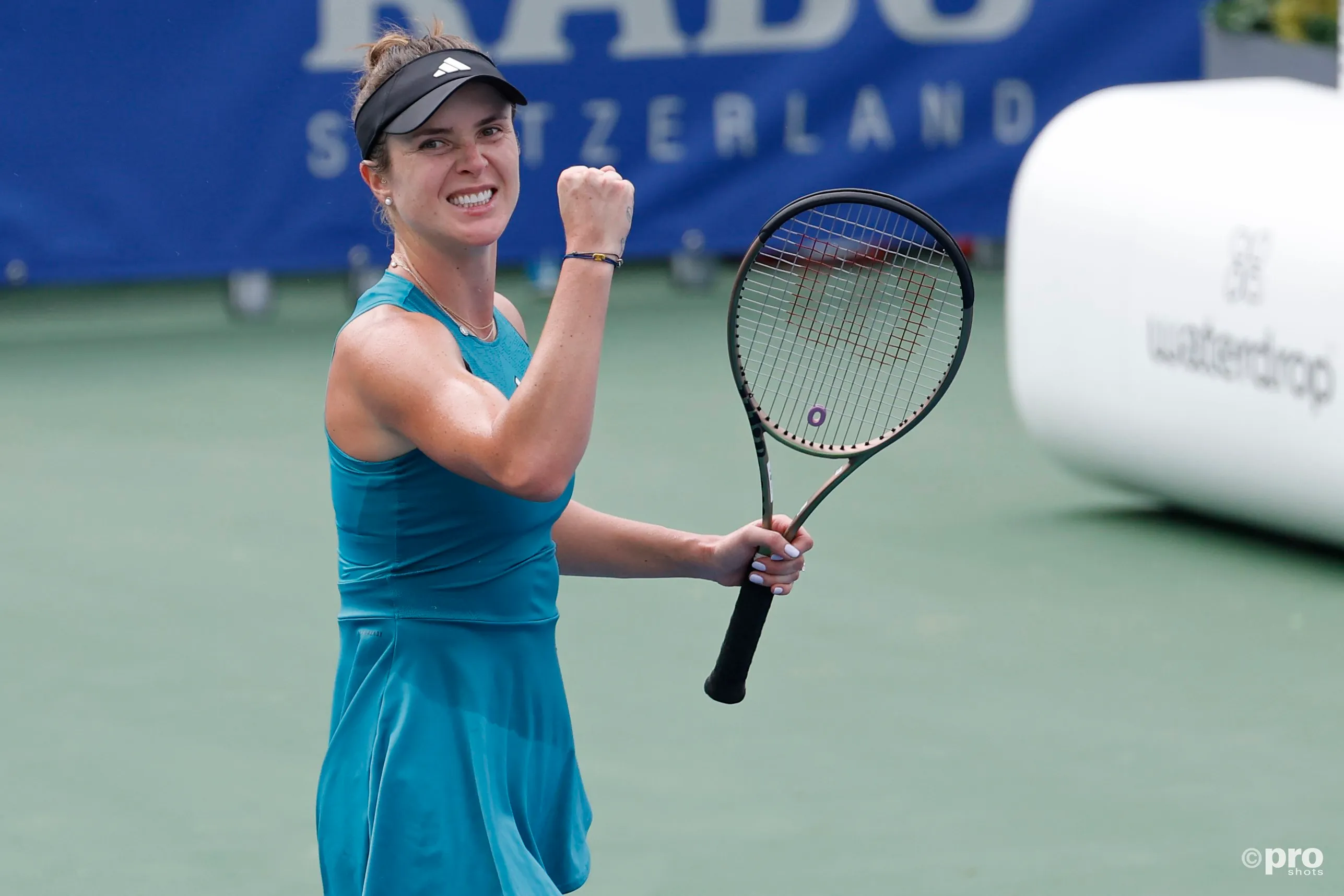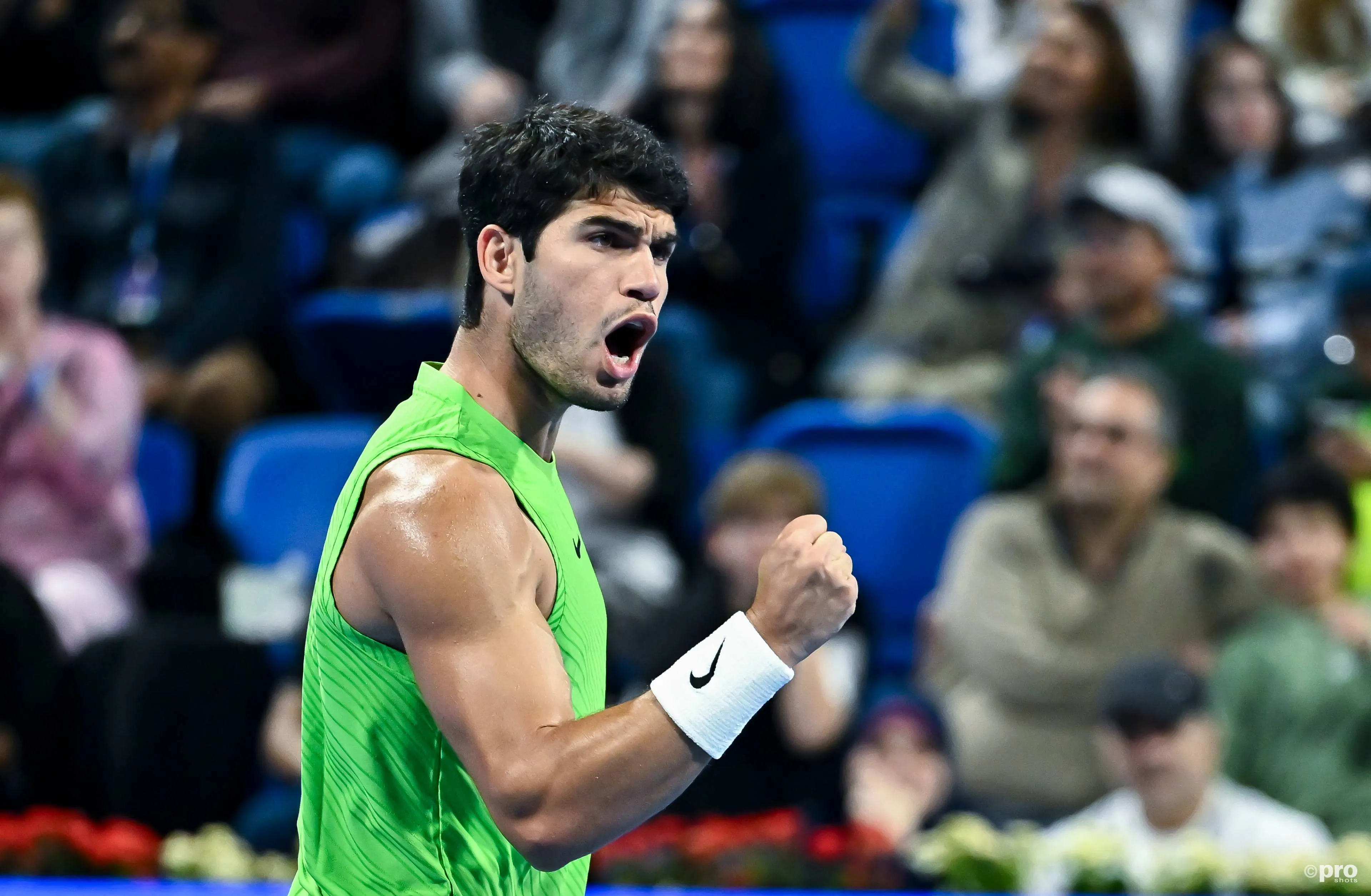Ivan Ljubicic reflects on Federer’s ‘traumatic’ battles with Nadal in Roland Garros
ATPThursday, 14 November 2024 at 21:30

Ivan
Ljubicic, former coach to Roger Federer, recently discussed the challenges
Federer faced against Rafael Nadal at the French Open. The Croatian, a former
world No. 3, joined Federer’s team in 2015 after Stefan Edberg’s departure,
playing a crucial role in Federer’s journey to his last three Grand Slam titles
before his 2022 retirement.
In an
interview with Eurosport, Ljubicic shared the harsh reality of playing Nadal on
clay: “Playing against Rafa on Philippe-Chatrier is difficult. It's a traumatic
experience,” he said.
"Nadal is the French Open"
Federer
reached five French Open finals but secured just one title in 2009, defeating
Robin Soderling, who had notably beaten Nadal in the fourth round. Across those
five finals, Federer won only three sets compared to Nadal’s twelve, including
the painful 2008 defeat, which remains one of the most one-sided matches in
their rivalry.
Read also
That year, Nadal claimed his fourth consecutive Roland Garros
title with a decisive 6-1, 6-3, 6-0 victory over Federer. Just months later,
Nadal ascended to World No. 1 for the first time in his career.
“I was
surprised when Nadal announced his retirement,” Ljubicic remarked. “I can
obviously understand why—that’s not the point. But for me, Rafa Nadal is the
French Open, and it’s hard to accept that he’s not going to play the French
Open.”
“Champions
like that play to win, not just to participate. And that’s something we’ve come
to understand when we’ve seen the man with 21 Grand Slam titles (actually 22)
struggling over these past months. I don’t know exactly what his level of play
or physical condition is, but it’s not what we’re used to, and it doesn’t allow
him to compete at a very high level.”

Roger Federer reached 5 French Open finals
Ljubicic
also emphasized Federer’s dominance on grass, comparing it to Nadal’s supremacy
on clay. Federer ended his career with eight Wimbledon titles, a tournament
record.
“I never
played Federer at Wimbledon, but I played him many times, and it was
complicated because he had all the solutions,” Ljubicic continued. “Rafa’s
tennis is tactically quite simple, but it’s impossible to handle, especially
with his topspin. But Roger always came up with different solutions, and for
me, tactically, it was very complicated.”
claps 0visitors 0
Just In
Popular News
Latest Comments
- My advice to Coco is take a few months off from the tour and focus on the serve. If MacMillan is not producing the expected results, relieve him of his duties and hire someone else. To hell with the rankings and what people will say. Just take a break. Mental health is far more important than money.
- Eventually (as other sports have done) WTA will be forced to make DNA / Gender Testing mandatory in order to protect and promote fairness in competitions. End of so-called 'controversy'.
- It's sad... but Rybakina is not going to be able to endure her groomer's interference in Life and still excel to her best level. BTW: No media has reported her last sentence to the physio. They kept asking questions and she abruptly told them: "I know what it is; I'm ready to go now".
- You seem to have 'lost the plot' ??
- This needs to be done, and I think Jessica Pegula is an excellent choice for chair to look into the situation. However, a very brief look at the other members of the panel would suggest a very USA heavy contingent. The group needs to represent all interests, not just turn it into a way the US can screw more money out of an already biased calendar.
- The tennis world should be kissing her feet for taking-on this long needed position in a much needed council. The WTA and ATP need a good shaking-up. Pegula's business heritage is a proven one. Let's hope she and her colleagues can stop WTA & ATP from shutting their work down and out. GO GET 'EM !!
- So the Sportswasher's largest market is... the Filipino community? That's all well and good but the hundreds and hundreds of empty seats throughout is embarrassing. Talk about bad optics!
- The poor Head Sportswasher has been whining and crying in the media, and basically threatening Saba, Iga, etc. Must be a real Ego Buster when they dangle money and people (especially Women) say, 'No thanks'.
- "Losing-itis" is not uncommon in Emma's small world. Just keeps begging the question, 'What are sponsors paying for? Limited tennis appearances... or Social Selfie Media presence?'
- Dubai can suck it up like everyone else. Just because they think they run the show, they do not. Sportswashing does not give them Power.
Loading

